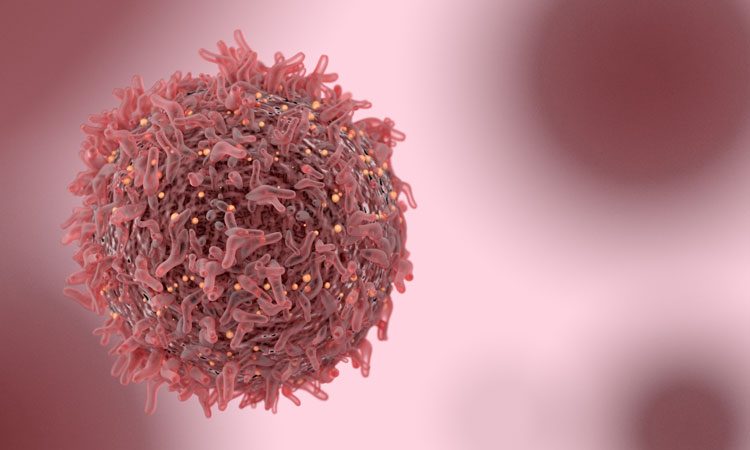Ziextenzo™ biosimilar has received approval from the FDA
Posted: 8 November 2019 | Rachael Harper (European Pharmaceutical Review) | No comments yet
The FDA has approved Sandoz’s biosimilar Ziextenzo and the company now intends to launch it in the US as soon as possible this year.


The US Food and Drug Administration (FDA) has approved Sandoz’s biosimilar Ziextenzo™ (pegfilgrastim-bmez).
Pegfilgrastim has been approved and marketed in Europe as Ziextenzo® (pegfilgrastim) since 2018. Sandoz now intends to launch Ziextenzo in the US as soon as possible this year.
The drug is indicated to decrease the incidence of infection, as manifested by febrile neutropenia (low white blood cell count with a fever), in patients with non-myeloid malignancies receiving myelosuppressive anti-cancer drugs associated with a clinically significant incidence of febrile neutropenia.
“When a cancer patient with febrile neutropenia gets an infection, it can have serious consequences such as delays or dose reductions of chemotherapy,” said Carol Lynch, President of Sandoz Inc. “The approval of Ziextenzo expands our oncology portfolio, providing physicians with a long-acting supportive oncology biosimilar option. It builds on the foundation of trust and experience we developed with our short-acting filgrastim Zarxio® – the leading filgrastim by market share in the US – including consistent product supply and reliable patient services.”
Sandoz now intends to launch Ziextenzo in the US as soon as possible this year”
The FDA approval of Ziextenzo was based on analytical, pre-clinical and clinical research, including data from a pivotal three-way pharmacokinetics (PK) and pharmacodynamics (PD) study (LA-EP06-104).
This study compared Sandoz’s pegfilgrastim with US-sourced reference pegfilgrastim, Sandoz pegfilgrastim with EU-sourced reference pegfilgrastim, and US-sourced with EU-sourced reference pegfilgrastim. PK and PD were similarly demonstrated in all three comparisons and no clinically meaningful differences were observed regarding safety and immunogenicity among the treatment groups.
Related topics
Biosimilars, Clinical Trials, Formulation, Regulation & Legislation, Research & Development (R&D)









